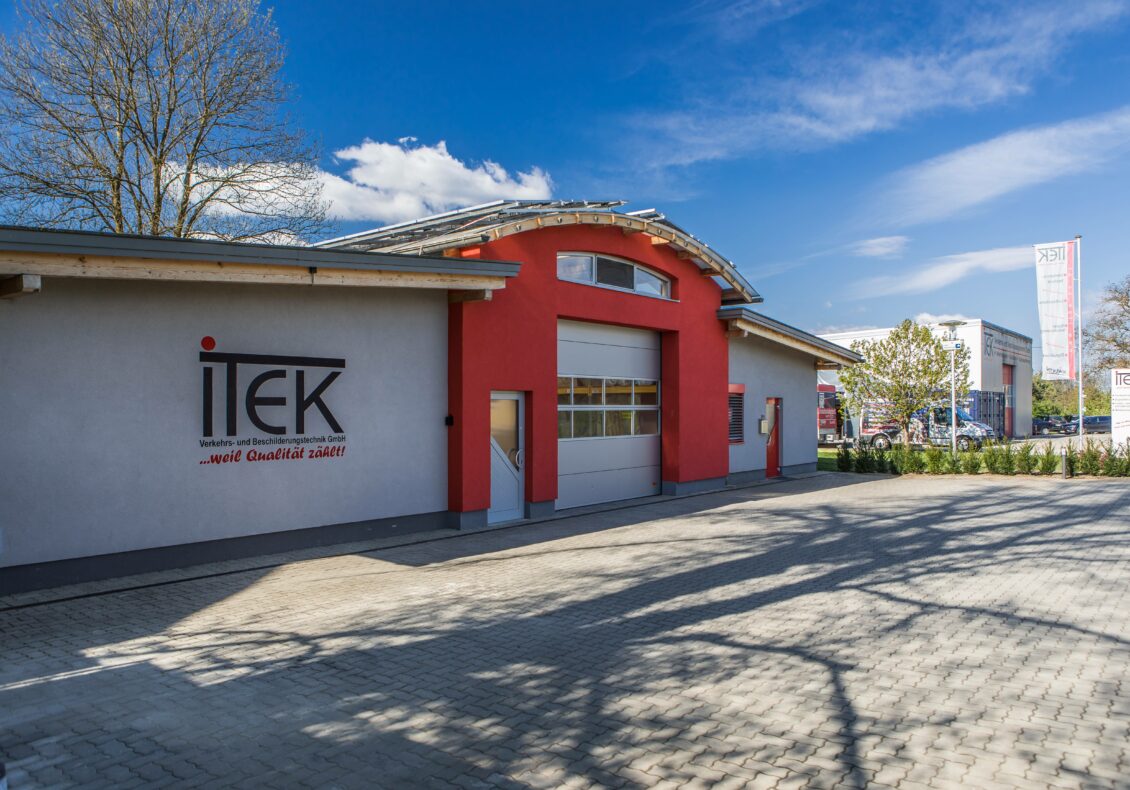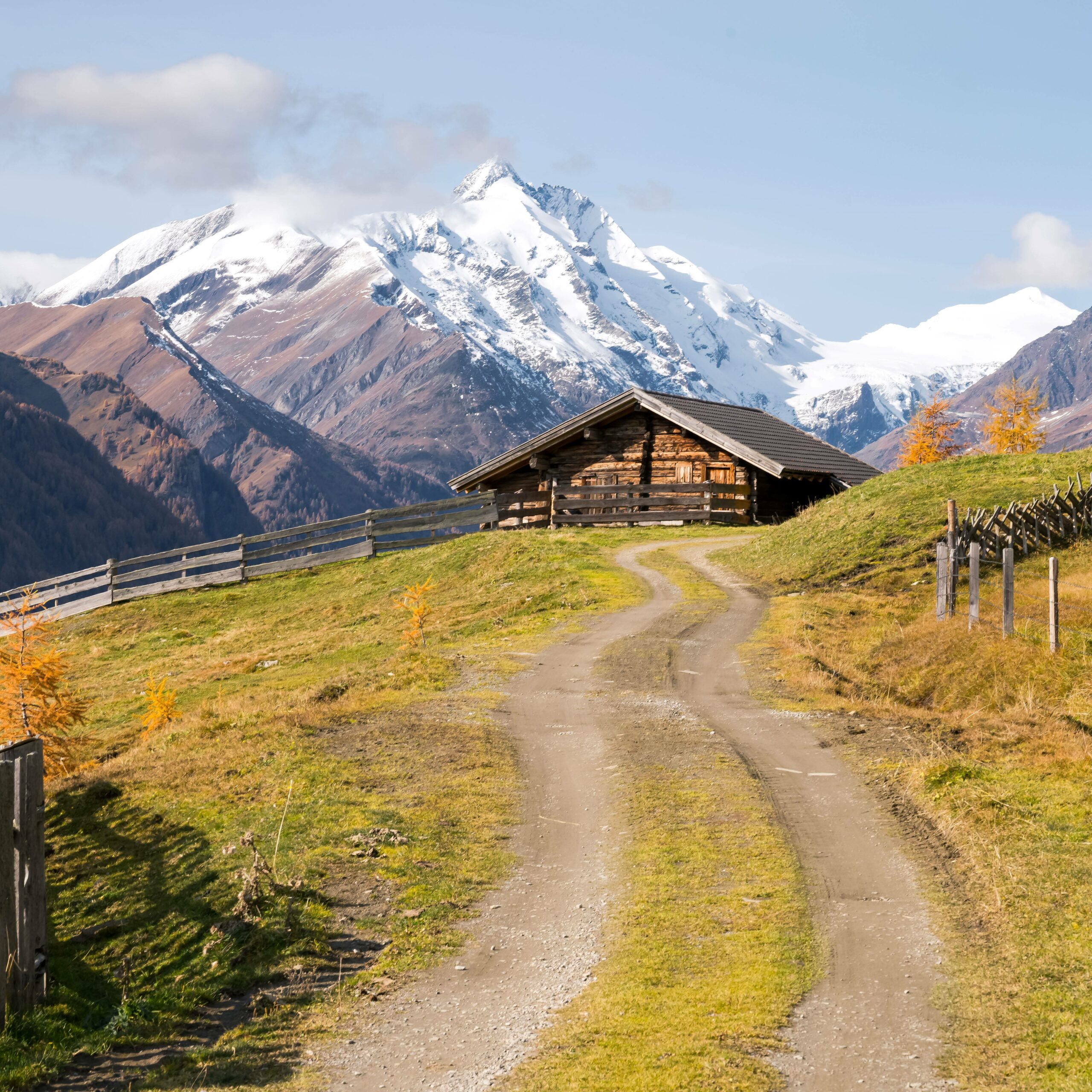Game Changer
In future, will the world’s traffic guidance systems be aluminium-free, and will they come from Carinthia? ITEK CEO Elke Kaltenhauser talks about the unique characteristics of her company’s ecological product range and Carinthia as a business location.
Revolutionising traffic enginieering
QUESTION: The province of Carinthia has been focusing on sustainable technologies for many years. But what does the ecological production of traffic guidance systems and signage mean for a specialised family business like ITEK?
Answer: It means having a commitment to high-quality, low-impact content materials. You also have to possess the will and the resources to make long-term investments. For example, in peak periods, up to 95% of the electricity we need for production processes is generated by our own solar power system. On average, we produce 80% of our own electricity each year. Between 2019 and 2021, we invested almost € 600,000 in environmental protection and sustainability.
Of course, to finance this we also applied for, and received, funding from various sources, including the KWF. However, most of the money we invested was our own. As long ago as 2011 we were the first road sign manufacturer in Austria to produce highway signage using modern, emission-free, environmentally-friendly, digital printing technology. We were pioneers in this field and it was not always easy.

@ Amt der Kärntner Landesregierung

» “A beautiful countryside alone is not enough to build a successful company, but it gives you the strength to cope with the challenges of everyday life.” (Elke Kaltenhauser / ITEK) «
On track to the circular economy
QUESTION: In addition to your aluminium product line, you also use ACCOYA wood and bamboo from China? Is that environmentally friendly?
ANSWER: For almost 150 years, road signs and various other types of signage have been made of aluminium. Eighty percent of bauxite mining (the raw material needed to produce aluminium) takes place in China. Large swathes of forest are cleared for mining, and the production process produces sewage sludge and red mud – all of which is very harmful to the environment. In addition, enormous amounts of water are needed for the production process and 7% of the energy required in the industrial sector is used just to produce aluminium. If you consider that one tonne of aluminium produces 18 tonnes of CO2, it was a very logical decision for us: aluminium should only be used where there is no alternative.
In future, will the world’s traffic guidance systems be aluminium-free, and will they come from Carinthia? ITEK CEO Elke Kaltenhauser talks about the unique characteristics of her company’s ecological product range and Carinthia as a business location.
